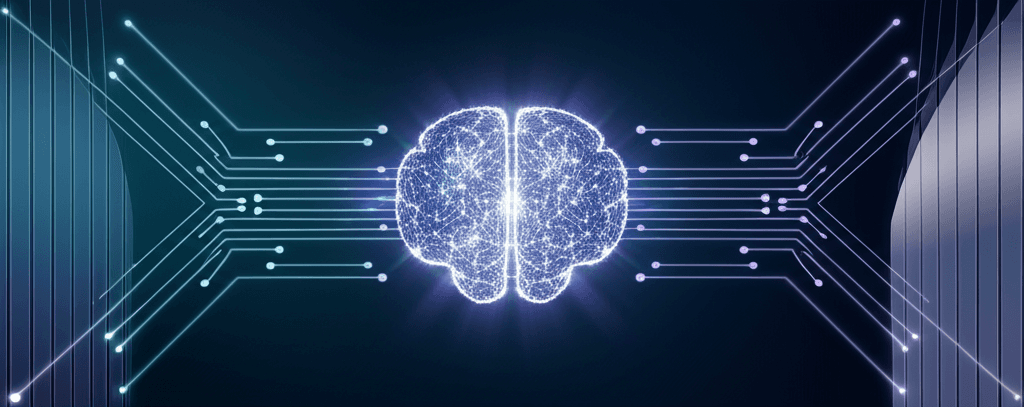Self-Improving AI Prompts Meta to Question Open-Source Safety
Self-improving AI pushes Meta to reconsider its open-source promise, weighing widespread access against growing safety risks.
July 30, 2025

(New York) - Meta Platforms has announced it is observing the first indications of artificial intelligence systems that can improve themselves, a development that is prompting a re-evaluation of its long-standing commitment to open-source AI.[1][2][3] The company, which has championed the open-source model as a democratizing force in the tech industry, is now signaling a more cautious approach, particularly as it pursues the ambitious goal of "personal superintelligence."[4][1] This shift reflects a growing tension within the AI community between the benefits of open collaboration and the potential risks associated with increasingly powerful, and potentially self-improving, AI technologies.[4][5]
For years, Meta, under the leadership of CEO Mark Zuckerberg, has been a vocal proponent of open-sourcing its AI models, such as the Llama series.[6] This strategy was positioned as a way to foster innovation, counter the dominance of closed-source competitors like OpenAI and Google, and ensure that the benefits of AI are widely distributed.[7][8] Zuckerberg has argued that open-source AI is not only beneficial for developers and the broader tech ecosystem but also crucial for safety, as it allows for greater scrutiny and collaboration in identifying and mitigating potential harms.[9][8] By making its models accessible, Meta aimed to create a dynamic similar to the Android operating system, fostering a wide ecosystem of applications and development on top of its technology.[7][6] This approach has been lauded for accelerating progress and democratizing access to powerful tools, allowing researchers and smaller companies to build upon Meta's work.[6][10]
However, the emergence of AI systems that show signs of self-improvement has introduced a new level of complexity and potential risk.[2][3] Zuckerberg has stated that while the improvement is currently slow, it is "undeniable," and brings the development of superintelligence—AI that surpasses human cognitive abilities—into sight.[2][11][12] This has led to a shift in tone, with the company now emphasizing the need to be "rigorous about mitigating these risks and careful about what we choose to open source."[2][13] The concern is that unrestricted access to superintelligent AI could pose significant safety risks if misused.[5] This represents a notable change from the company's previous stance, which confidently asserted that open source would be safer than the alternatives.[13][14]
The implications of this potential shift are significant for the AI industry. A move away from a fully open-source approach by a major player like Meta could signal a broader industry trend towards more controlled and proprietary development of advanced AI.[4] Critics have already pointed out that Meta's open-source releases have come with certain restrictions, making them not truly open source in the purest sense.[2] A more cautious approach could further entrench a two-tiered system where foundational models are accessible, but the most powerful, cutting-edge systems remain behind closed doors.[15] This raises questions about whether a selective open-source model can truly deliver on the promise of democratization or if it will ultimately consolidate power in the hands of the few companies with the resources to develop superintelligent AI.[15] The debate also touches on the ethical considerations of training these models, which often rely on vast amounts of user data scraped from the internet without explicit consent.[15]
In conclusion, Meta's observation of self-improving AI has brought it to a critical juncture, forcing a re-evaluation of its open-source philosophy. The company's vision of "personal superintelligence" for individual empowerment is now tempered by the acknowledgment of the profound safety challenges that such technology presents.[1][16] While Meta has not abandoned its commitment to open source entirely, its newfound caution suggests a future where the most advanced AI models may be developed under stricter controls.[4][5] This shift highlights the evolving and complex landscape of AI development, where the ideals of open collaboration must be continually weighed against the profound responsibilities that come with creating ever more powerful and autonomous systems. The decisions Meta makes in the coming years will likely have a lasting impact on the trajectory of AI development and the distribution of its benefits and risks across society.
Sources
[1]
[2]
[6]
[8]
[9]
[12]
[13]
[14]
[15]
[16]